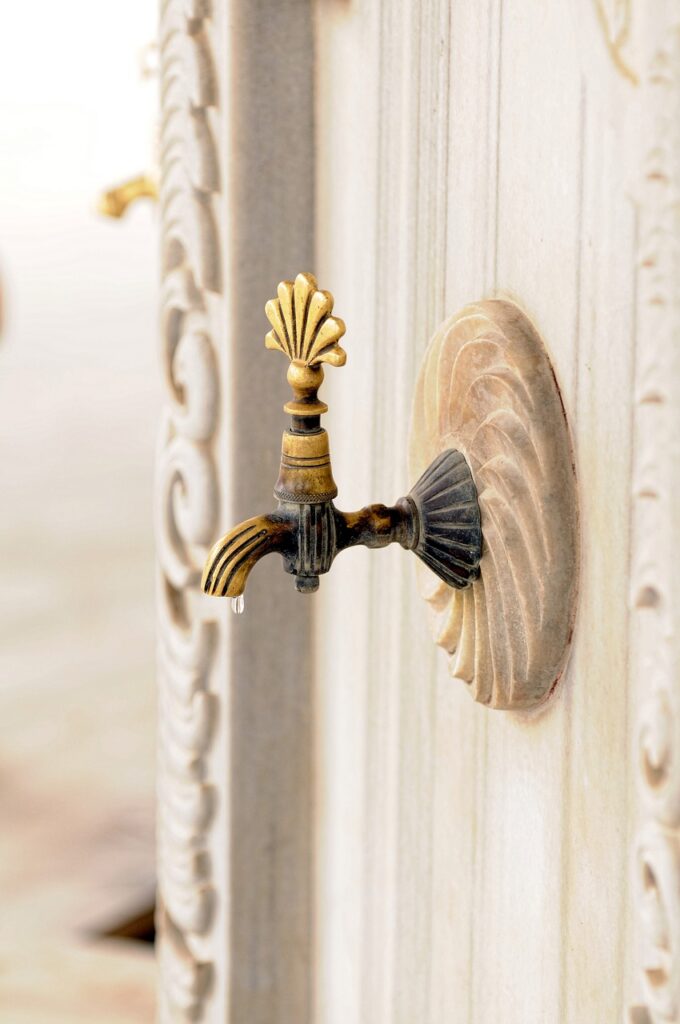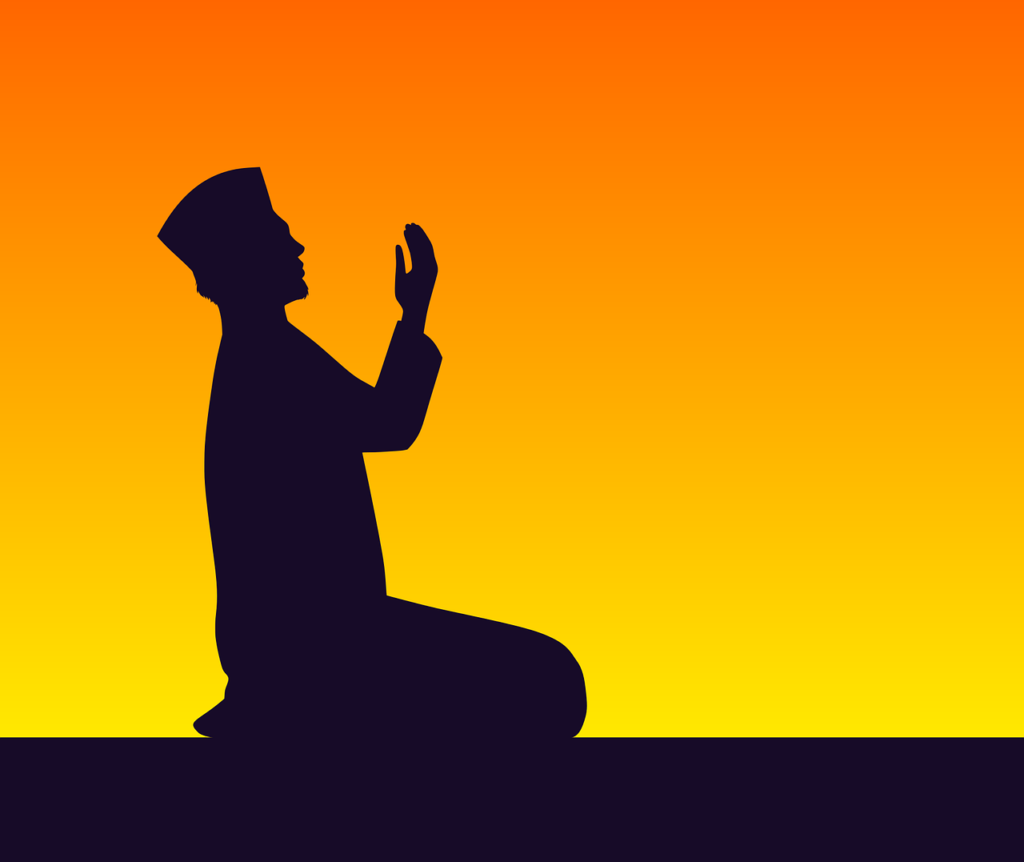Understanding Suicide in Islam

Understanding Islamic Perspectives on Suicide: A Comprehensive Guide for Muslims In today’s world, where mental health awareness is increasingly at the forefront of societal concerns, understanding the Islamic perspective on sensitive issues like suicide is paramount for Muslims. With the complexities of modern life and the challenges it brings, it’s essential to explore how Islamic […]
How to Treat Your Wife: Understanding Marital Harmony in Islam

How to Treat Your Wife: Understanding Marital Harmony in Islam In Islam, marriage is not just a social contract but a sacred covenant. It’s a commitment that goes beyond the worldly, embedding itself in spiritual and moral grounds. This article aims to explore the Islamic perspective on how to treat one’s wife, drawing from the […]
Mastering Wudu: Essential Tips to Avoid Common Mistakes

Mastering Wudu: Essential Tips to Avoid Common Mistakes in Islamic Ablutions Wudu, or ablution, is a fundamental practice in Islam that holds great significance in preparing for prayer. However, many Muslims may find themselves making common mistakes that can invalidate their wudu. This article will explore essential tips to master wudu and highlight how Al-Dirassa […]
7 Top Reasons for Muslims to Explore Travel in 2024

7 Top Reasons for Muslims to Explore Travel in 2024: Discover, Learn, Connect As we step into 2024, the world unfolds as a vibrant tapestry of cultures and experiences, beckoning travelers from all walks of life. For Muslims, travel is more than a leisure activity; it’s a pathway to personal growth, spiritual enlightenment, and a […]
5 Essential Invocations – Dua in Islam: A Guide for Every Muslim

5 Essential Invocations – Dua in Islam: A Guide for Every Muslim In the spiritual richness of Islam, invocations (du’as) hold a fundamental place. They are the breath of faith in everyday life, intimate and powerful words exchanged between the believer and their Creator. For every Muslim, memorizing certain key invocations is not just a […]
The Morning Dua – Invocation in Islam

The Morning Dua – Invocation in Islam: A Blessed Start to the Day Morning marks the beginning of a new day, offering believers an opportunity to draw closer to Allah, seek His protection, and express gratitude for bestowed blessings. In Islam, the morning invocation is a encouraged practice as it enhances the spiritual connection between […]
The Power of Supplication – Dua

The Power of Supplication – Dua: Protection Against Occult Evil in Islam Supplication, or “du’a” in Arabic, is an essential element of Islamic faith, providing believers with a means to seek divine protection and communicate directly with Allah, the Almighty. Among the crucial supplications is the one against occult evil—a potent prayer for safeguarding against […]
Invocation – Dua for Seeking Allah’s Forgiveness

Invocation – Dua for Seeking Allah’s Forgiveness In Islam, seeking Allah’s forgiveness is an essential spiritual journey for every believer. Anas ibn Malik (may Allah be pleased with him) narrated that the Messenger of Allah (peace and blessings be upon him) said, ‘All the children of Adam commit sins, and the best of sinners are […]
Islamic Supplication – Dua for Wishing Well to Others

Islamic Supplication – Dua for Wishing Well to Others In Islam, supplication (dua) holds a significant place in the hearts of believers. It is a means of communication with Allah, allowing individuals to express their hopes, fears, and desires. Among the various forms of dua, supplications wishing well for others is a beautiful practice that […]
Invocations – Dua to Seek Allah’s Help: Guidance from Quran and Hadith

Invocations – Dua to Seek Allah’s Help: Guidance from Quran and Hadith In Islam, dependence on Allah and invoking Him for assistance are fundamental practices for believers. Muslims are encouraged to seek divine grace and invoke Allah in times of need. In this article, we delve into the importance of invocations for seeking Allah’s help […]

